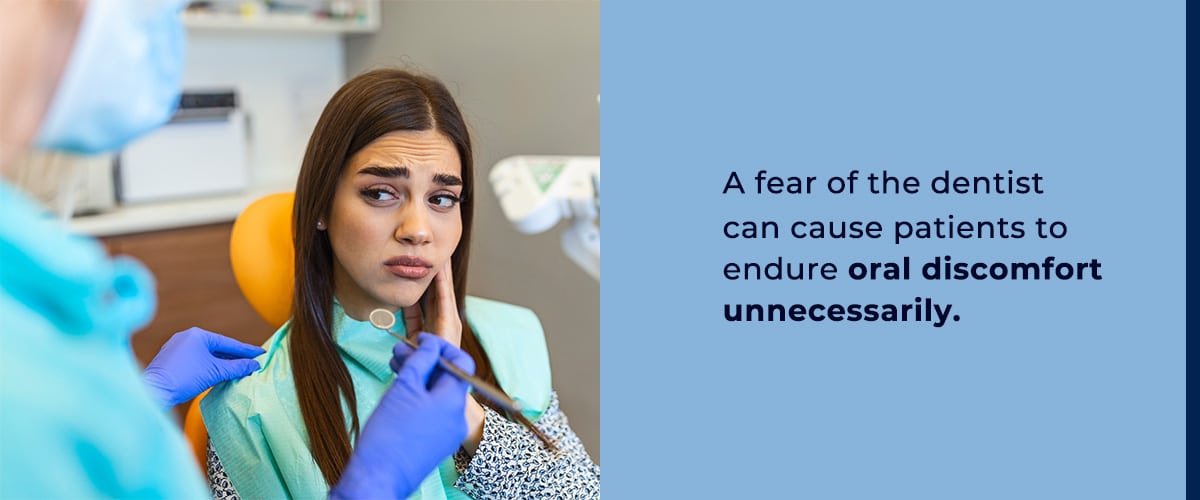Stress is the body’s natural response to pressure. Just about anything can cause a stress reaction, from an overwhelming day at work to a difficult interaction with a friend. What’s more, chronically high stress levels are shockingly common. While acute stress can trigger the body’s fight or flight response, which is beneficial in dangerous situations, chronic stress can be the result of dealing with everyday stressors like increasing bills and demanding jobs.
When this happens, the brain doesn’t just release the stress hormones adrenalin and cortisol during moments of mental strain but continues to release high levels of these hormones even when stressful moments pass.
The consequences of high levels of these hormones can impact everything from sleep patterns and mood to physical well-being.
The Biological Impact of Stress on the Body
Even short-lived moments of stress can affect your health. While preparing for an important presentation at work, your stomach might start cramping or aching. You might get a tension headache just thinking about impending tax returns or find it impossible to get a good night’s rest as you anticipate an upcoming performance review at work.
In terms of chronic stress, the effects can snowball to impact every system in the body, including the musculoskeletal, respiratory, cardiovascular, endocrine, gastrointestinal and nervous systems.
Stress and Oral Health Conditions
Both adrenaline and cortisol increase your heart rate and trigger several other biological changes, including increased blood pressure. In instances of chronic stress, overexposure to stress hormones increases the risk of various physical and mental health issues.
Stress can cause tooth decay and impact oral health in the following ways:
- Teeth grinding (bruxism): One of the primary physical effects of the stress response is tension. While muscles typically tense up with the onset of stress and release as stress passes, this isn’t the case when stress is chronic. Instead, muscle tension can lead to involuntary teeth grinding and jaw clenching, a condition known as bruxism. This can wear down tooth enamel and cause headaches.
- Gum disease: There is a link between stress and gum health. Chronic stress can weaken the immune system, hindering the body’s ability to fight infections. As a result, chronic stress can increase the risk of gum disease, known as periodontitis. The infection damages the soft tissue surrounding teeth. Without treatment, this infection will eventually destroy this supportive tissue, leading to tooth loss.
- Dry mouth: While various medications and lifestyle habits can cause dry mouth, chronic stress can reduce saliva production. Because saliva plays a crucial role in maintaining optimal oral health, untreated dry mouth can lead to gum disease and tooth decay. However, bad breath and gum sensitivity are earlier symptoms of tooth decay.
Chronic stress can also negatively impact oral hygiene by prompting poor oral hygiene. It’s not uncommon for stressed individuals to stray from their routines as the psychological impacts of chronic stress heighten the risk of depression and anxiety, forming a link between stress and cavities — stress can cause cavities, plaque build-up and bad breath.
Dental Anxiety: A Double-Edged Sword
While oral conditions are treatable, many find themselves avoiding treatment due to dental anxiety. A fear of the dentist can cause patients to endure oral discomfort unnecessarily. As oral health conditions progress, patient quality of life decreases, and the risk of permanent damage becomes a concern.
Fortunately, there are ways to overcome dental anxiety. Patients can practice breathing exercises, meditations and even muscle relaxation techniques to ease anxiety and reduce the impact of stress.
Dentists can also help patients overcome or manage dental anxiety. Sedation is a solution that can make dental visits far less stressful for patients. This kind of sedation is delivered in pill form, so there’s no need to anxiously brace yourself for the pinch of a needle penetrating your gums.
Empowering Strategies for Stress Management and Oral Health Preservation
Even though dentists can restore oral health following the impacts of chronic stress, oral health complaints can become recurring issues if stress levels don’t improve. Beyond prioritizing routine dental checkups and recommended treatments, learning how to manage stress is key.
Embracing Holistic Stress-Relief Methods
Holistic stress management techniques focus on soothing the root cause rather than only remedying the symptoms. Some of the most accessible holistic stress management plans include:
- Meditation and mindfulness: Meditative practices cultivate mindfulness to reduce stress, anxiety, depression and other negative emotions. Mental health professionals often recommend meditation to improve emotional and mental health.
- Routine exercise: Physical activity promotes the production of endorphins, the feel-good hormones that can combat stress. Whether you head to the gym for an hour every odd day or take up yoga in the comfort of your own home, routine exercise can effectively lower stress.
- Healthy eating habits: Certain foods like caffeine, alcohol and artificial sweeteners can enhance stress levels. Adjusting your diet to exclude stress-enhancing foods can boost mental and physical well-being.
- Relaxing herbs: Ashwagandha root, passionflower, lavender, chamomile and Rhodiola extract are just a few relaxing herbs that can minimize stress. These herbs are available as calming aids, although you can also find herbal teas with these ingredients.
You can also speak to your health care practitioner about suitable stress relief treatments. In some cases, talk therapy can help patients develop the tools required to manage emotional and physical stress.
Essential Oral Hygiene Practices Amid Stress
When high stress levels interfere with everyday routines, it can feel impossible to stay on track. However, there are ways to prioritize oral health and hygiene when living with chronic stress:
- Leave reminders for yourself: Stress can impact brain functions and hinder memory, making it easy to forget to brush your teeth. A practical solution is to leave a sticky note on the fridge or the bathroom mirror. You can also set reminders on your phone.
- Start chewing gum: Sugar-free chewing gum is not a substitute for a proper oral hygiene routine. However, chewing gum can increase saliva production, helping keep teeth clean. Chewing gum may also assist with tension associated with stress.
- Drink water after meals: Making a habit of drinking water following meals and snacks will help keep your breath fresh.
- Keep disposable brushes: Disposable toothbrushes are a valuable investment for anyone who sometimes forgets to brush their teeth. Keeping these brushes with you makes it possible to brush your teeth as you remember.
- Get chewable toothpaste tablets: Chewable toothpaste tablets are a great alternative to disposable toothbrushes. Still, these tablets should not substitute a proper oral hygiene routine.
Speaking to your dentist about your oral hygiene routine is also essential. Your dentist will be able to evaluate your oral health and make suggestions to help you overcome the impacts of stress on your teeth and mouth.
Schedule an Appointment With Boise Family Dental Care
Boise Family Dental Care offers quality dental care services that range from preventive and restorative care to cosmetic treatments and sedation dentistry. We understand the impacts and stress on oral health and aim to mitigate these impacts with compassionate care that considers dental anxiety.
Contact us today to schedule an appointment or learn more about our services.





